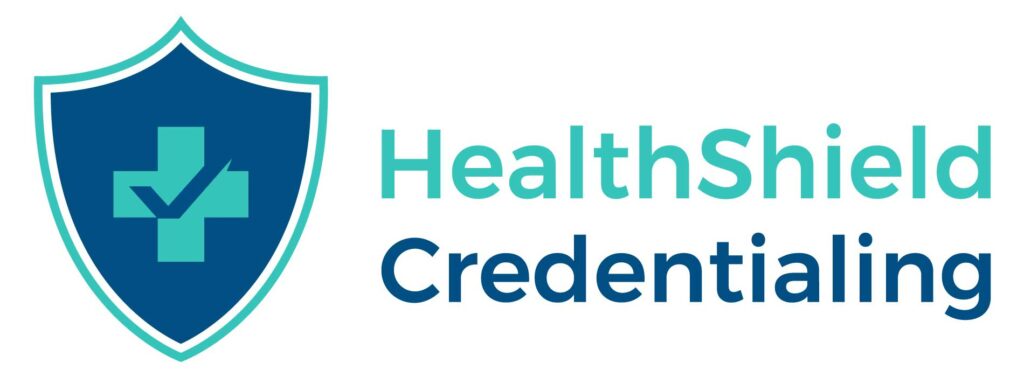With the current market, traveling to different states for work or an assignment is a common practice. One thing often overlooked by independent contractors is registering their business with the secretary of state office of the new state, or foreign qualification.
When Foreign Qualification is Required
States generally require foreign qualification when an out-of-state entity conducts business in their jurisdiction. The state where you form your business will consider your business to be domestic, while every other state will view your business as foreign. Foreign qualification notifies the state that a foreign business is active there.
The legal definition of conducting business varies by state and often covers a broad spectrum of activities. Common reasons why businesses foreign qualify include:
Hiring an employee who is a resident of a state other than the state of incorporation.
Purchasing property or a building.
Opening a new office or other facility.
Offering services, selling products, or bidding for a contract.
Applying for a professional license, as licensing agencies generally require foreign qualification.
Foreign-qualified businesses typically need to pay taxes and annual report fees in both their state of formation and states where they’re foreign qualified.
From the state’s point of view, foreign qualifying ensures that the public has access to basic information about a business entity it may be dealing with, such as its legal name, business address, and name and address of its registered agent for service of process. Foreign qualification is also required so that foreign entities do not get an unfair advantage over the state’s domestic entities, which are subject to tax and reporting requirements. By requiring qualification, the states can also impose these requirements on foreign entities.
Examples of Foreign Qualifications
Here are two examples of common situations when you need to obtain foreign qualification and when you don’t:
1) You incorporated your business in Nevada, but you are physically located in California and do work in California. You need to foreign qualify in California.
2) You are a freelancer who formed an LLC for your business in Florida. You perform the majority of your work in Virginia. You need to foreign qualify in Virginia.
If you have any questions about whether or not your business needs to foreign qualify, you should check with your attorney or accountant.
How to Foreign Qualify
If you have determined that you need to register your business in another state, you will need to submit an application with that state’s Secretary of State office. In some states, this is called a Certificate of Authority, in others it’s the Statement & Designation by a Foreign Corporation.
You can contact the Secretary of State’s office yourself or have the service that incorporated your company handle the filing for you.
The paperwork itself is relatively straightforward, but keep in mind that some states will require you to have a certificate of good standing from the state where your LLC/corporation is registered. That means you will need to be up to date on your state taxes and filings.
Get a registered agent
You–or any other individual person– can only act as the registered agent for your business in the state where you live. If you foreign qualify your company to another state, you’ll need a registered agent that lives in that state or is authorized to do business there. A registered agent service can be a good solution. A registered agent receives official papers and legal documents on behalf of your company.
There are consequences for not having a registered agent: You won’t receive important government and tax documentation and could risk missing important notices about any lawsuits against your company. Not having a registered agent could result in the state suspending your company’s right to conduct business.
What are the consequences of not foreign qualifying?
Financial risk: A costly consequence to failing to qualify if your business entity meets the state’s registration criteria is that states will assess fines, penalties and back taxes for the time the company was transacting business without obtaining a certificate of authority to do so. In some states, individual officers or agents may be fined as well.
Legal Risk: States deny non-compliant companies the right to bring or maintain a lawsuit or other legal proceeding in their court system. This means that a company wouldn’t be able to sue to recover damages or to enforce a contract. (Although it will be able to defend itself.)
The bottom line:If you are legally required to foreign qualify and you don’t, It could end up costing you much more in the long run. Check with your legal and tax experts to discuss the topic further.






